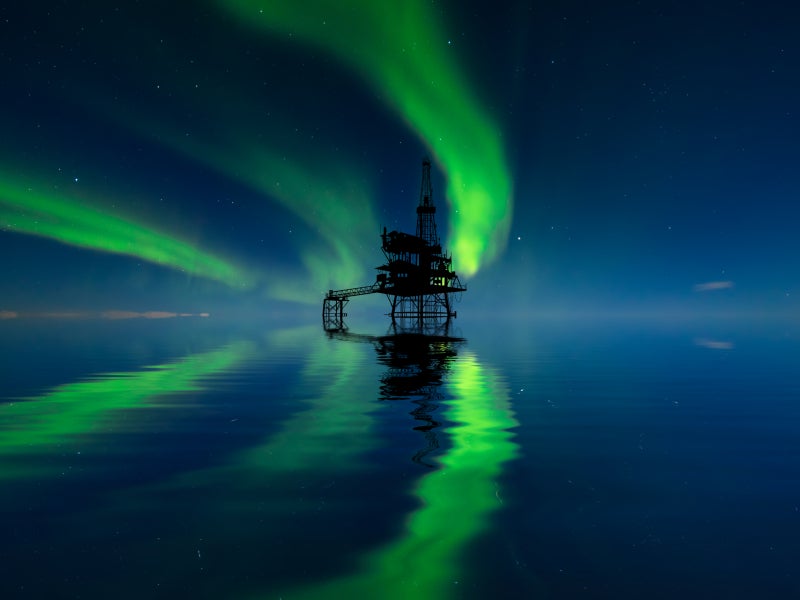
The Norwegian Ministry of Petroleum and Energy has proposed plans to award 92 Arctic oil and gas exploration blocks to energy companies.
Norway, the current largest gas provider to Europe and a significant exporter of petroleum, announced on Tuesday that it plans to offer 78 blocks in the Barents Sea. It remains the highest since the APA licensing round began in 2003.
Norwegian Oil and Energy Minister Terje Aasland said: “We constantly need discoveries to develop the Norwegian continental shelf further. The proposal for a tender sent out for consultation includes adding 92 blocks in the north to the TFO (round of allocation in predefined areas). Facilitating discoveries in the north is important for Europe, the country and the region.”
The proposal includes additional areas in the Norwegian Sea and the Barents Sea. According to a statement released by Norway’s energy department, “the best-known areas on the continental shelf are covered by the TFO rounds”. The TFO area covers most of the North Sea, the Norwegian Sea and a large part of the southern Barents Sea.
Aasland added: “We must continue the responsible and long-term management of the oil and gas resources. Continuing the annual concession rounds is a key element in this and a pillar of our petroleum policy.”
According to the Financial Times, Norway has overtaken Russia as Europe’s largest gas provider since the Russian invasion of Ukraine in February.
However, green activists and some politicians have criticised the plans as they put the Arctic environment at higher risk. Frode Pleym, head of Norway’s environmental protection organisation Greenpeace, said: “The UN climate panel and the International Energy Agency are clear there is no room for new fossil fuel projects if the world is to meet the climate target. New oil licences lead to more global warming, increased pressure on vulnerable nature and the transition from fossil fuels to renewables being put on hold”.
Norway’s regular allocation of numbered licensing rounds issues licences in new regions, while TFO licences were designed to award licences in so-called “mature” areas with high petroleum activity. Greenpeace activists claim that, as almost the whole Norwegian shelf has opened up for oil extraction, the TFO scheme has been exploited in reality to award additional licences everywhere, including vulnerable areas in the Barents Sea. This month, the Norwegian Ministry of Petroleum and Energy announced that it had issued production licences to 25 firms for additional exploratory operations on the Norwegian continental shelf.
According to Offshore Energy, the North Sea received 29 of the 47 production licences given to these companies, the Norwegian Sea received 16, and the Barents Sea received two.



